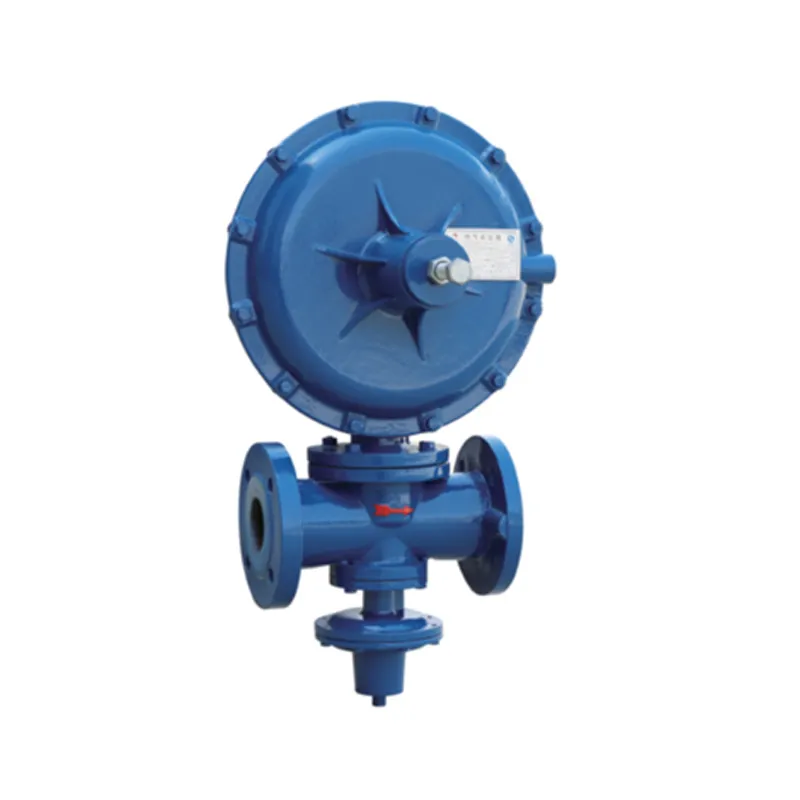
Oct . 31, 2024 05:45
Back to list
gas regulator
Understanding Gas Regulators Essential Components for Safe and Efficient Gas Usage
Gas regulators play a crucial role in various applications, ensuring the safe and efficient use of gas in both residential and industrial settings. They are devices designed to control the pressure of gas, maintaining it at a desired level for safe operation and to prevent potential hazards that can arise from over-pressurized systems.
At its core, a gas regulator works by reducing the high pressure of the gas coming from a supply source—such as a pipeline or gas cylinder—to a lower, more manageable level suitable for end use. This process is vital because different appliances and equipment require specific pressure levels for optimal functioning. For instance, gas stoves and heaters generally operate efficiently at a considerably lower pressure than what is typically found in pipelines.
Gas regulators come in various designs, but they generally consist of a valve that automatically adjusts the flow of gas based on the preset pressure limit. When the gas enters the regulator, it encounters a diaphragm that reacts to changes in pressure. If the pressure exceeds the preset level, the diaphragm moves to close the valve, thereby limiting the flow and ensuring that the outlet pressure remains stable. On the other hand, if the pressure drops, the diaphragm will open the valve to allow more gas to flow, maintaining a consistent output level.
gas regulator

Safety is a primary consideration in the design of gas regulators
. Incorporating features such as relief valves and shut-off mechanisms helps to mitigate the risks associated with gas leaks or over-pressurization. A relief valve, for example, will release excess pressure safely, preventing potential explosions or damage to appliances. Regular maintenance and inspection of gas regulators are essential practices to ensure their reliability and proper functionality.In addition to safety, gas regulators also contribute to energy efficiency. By regulating gas flow accurately and consistently, they help appliances perform optimally, which can lead to reduced fuel consumption and lower energy bills. This efficiency is particularly important in industrial settings where the scale of gas consumption can significantly impact operational costs.
The importance of selecting the appropriate gas regulator cannot be overstated. Factors such as the type of gas being used, the required pressure for specific applications, and the regulator's compatibility with the existing gas system should all be taken into consideration. Consulting with experts or referring to manufacturer guidelines can greatly assist in making the right choice.
In summary, gas regulators are essential devices that ensure the safe and efficient use of gas in various applications. Their ability to maintain stable pressure not only enhances safety but also contributes to energy efficiency, making them integral components in both domestic and industrial contexts. Understanding their function, maintenance, and selection is crucial for anyone who relies on gas-powered systems.
Next:
Latest news
-
Safety Valve Spring-Loaded Design Overpressure ProtectionNewsJul.25,2025
-
Precision Voltage Regulator AC5 Accuracy Grade PerformanceNewsJul.25,2025
-
Natural Gas Pressure Regulating Skid Industrial Pipeline ApplicationsNewsJul.25,2025
-
Natural Gas Filter Stainless Steel Mesh Element DesignNewsJul.25,2025
-
Gas Pressure Regulator Valve Direct-Acting Spring-Loaded DesignNewsJul.25,2025
-
Decompression Equipment Multi-Stage Heat Exchange System DesignNewsJul.25,2025

